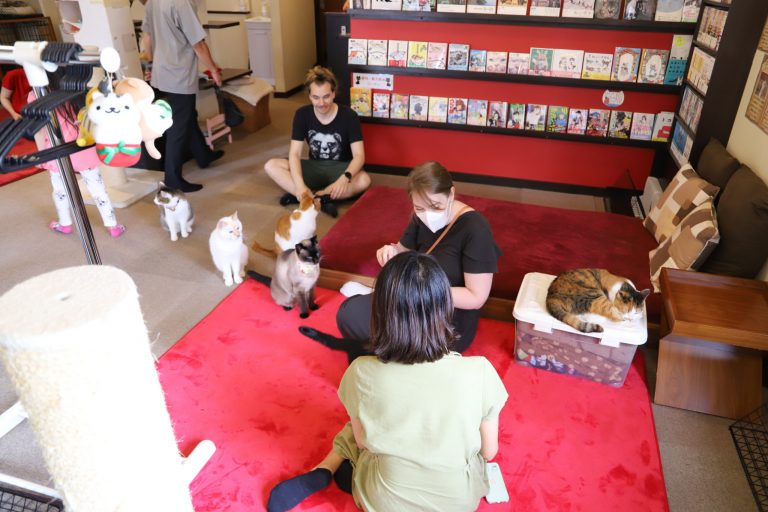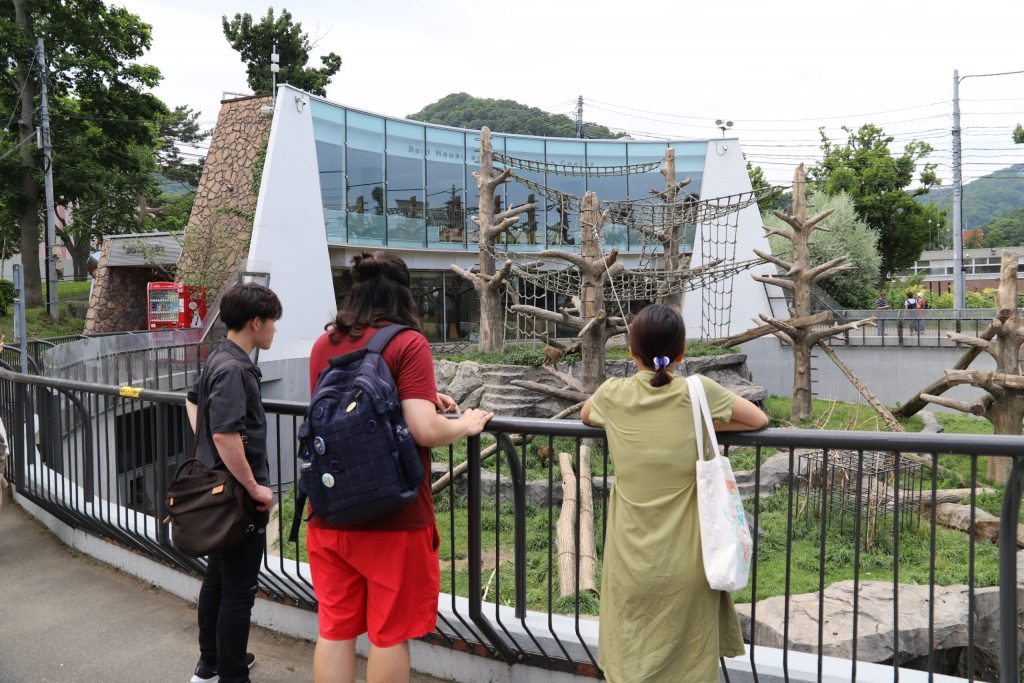The course Animal-Induced Iyashi and Wellbeing in Tourism, Recreation and Hospitality was held between July 3, 2023 and July 16, 2023, as part of the Hokkaido Summer Institute (HSI). Grounded in the field of Tourism Studies, the course aimed to introduce participants to forms of tourism, recreation and hospitality that use non-human animals as the basis for iyashi (癒し: healing, soothing) and wellbeing, exploring the connections between Japanese and global wellness industries and examining the ethics of commodification of animals.
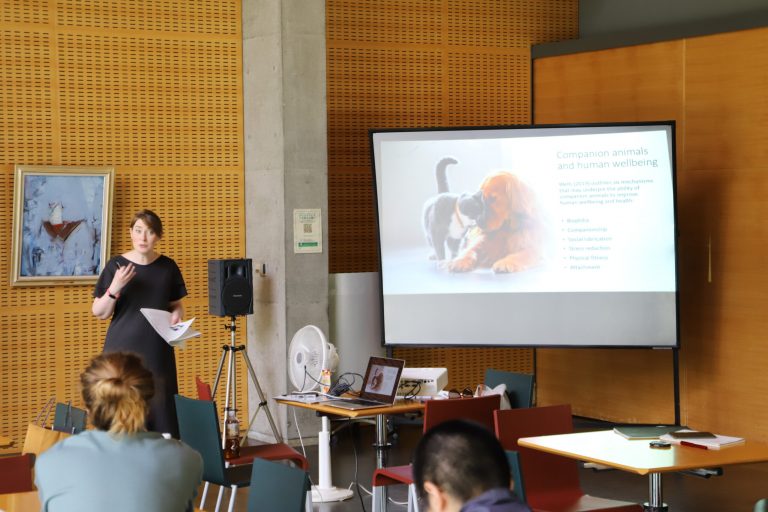
The course was coordinated by Professor Johan R. Edelheim, Research Faculty of Media and Communication, Hokkaido University, and was primarily instructed by Dr. Émilie Crossley, Researcher, Center for Advanced Tourism Studies, Hokkaido University in close collaboration with Dr. Cecilia de Bernardi, lecturer, Uppsala University, Sweden. Professor Edelheim also instructed the course, and Mia Tillonen, Fuji Women’s University, gave a guest lecture. The course was offered to graduate students.
This is the second year that this course was offered. Conceived as a sister course to Feline Tourism—which targets undergraduate students—this course offers a deeper and wider examination of animals in tourism. The course explored three main topics: the connection between iyashi, wellbeing and non-human animals; non-anthropocentric approaches to researching non-human animals; and, managerial features for animal-induced iyashi and wellbeing encounters. The duration of the course was doubled from last year to allow the participants to explore these topics in greater detail.
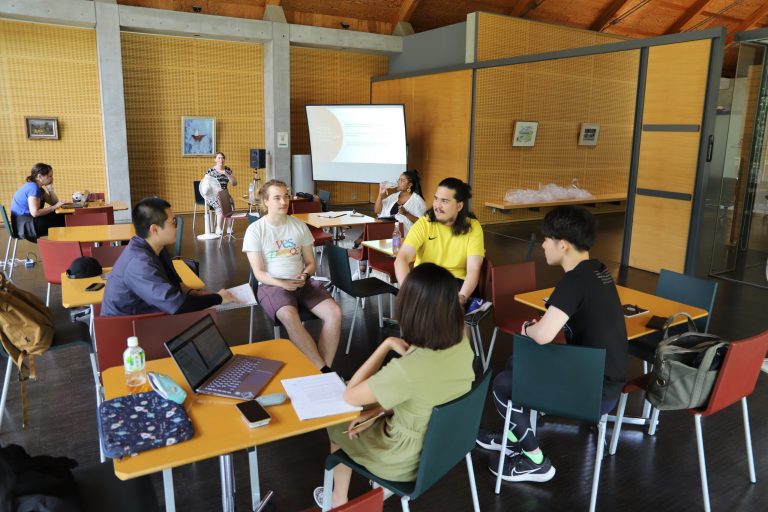
The course first set out definitions of the concepts that would be addressed and then explored the ideas of iyashi and wellbeing. After acknowledging the increasing popularity of wellness and wellbeing tourism across the globe, the course dealt with its core theme: the role of animals in iyashi and wellbeing. A unique feature of the course was that it was grounded in the concept of non-human animals, acknowledging that humans are not innately special compared to other animals, and that animal welfare is paramount in human-animal interactions.
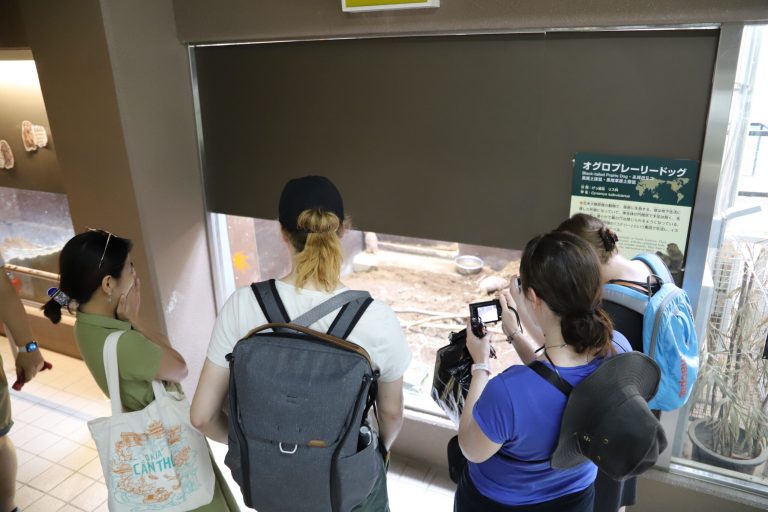
The course covered a wide range of topics within its theme, including commodification of animal cuteness; encounters with live animals, domesticated and tamed; the relationship of iyashi and wellbeing to hospitality, tourism and recreation; iyashi and spiritualism; and, how iyashi can be interpreted as the animals doing work. Matias Laukkanen, a student from University of Turku, Finland, greatly appreciated the course. “The interactive nature of the course encouraged engagement through participation and observation. It was a very meaningful experience, and the small class size was very conducive to communication with the coordinators and other participants.”
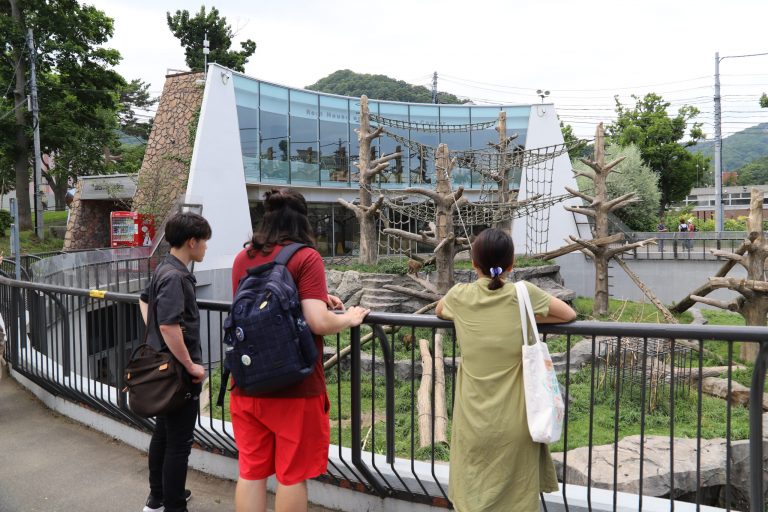
Participant engagement was greatly emphasized. Participant discussions were held in every session. The field trip took the participants to Sapporo’s Maruyama Zoo and to two cat cafés; in addition to enjoying the trip, participants were required to critically analyze their experience at each location using what they had earned during the course. As a capstone, each participant presented a step-by-step visual guide to a proposed animal-induced iyashi or wellbeing concept.
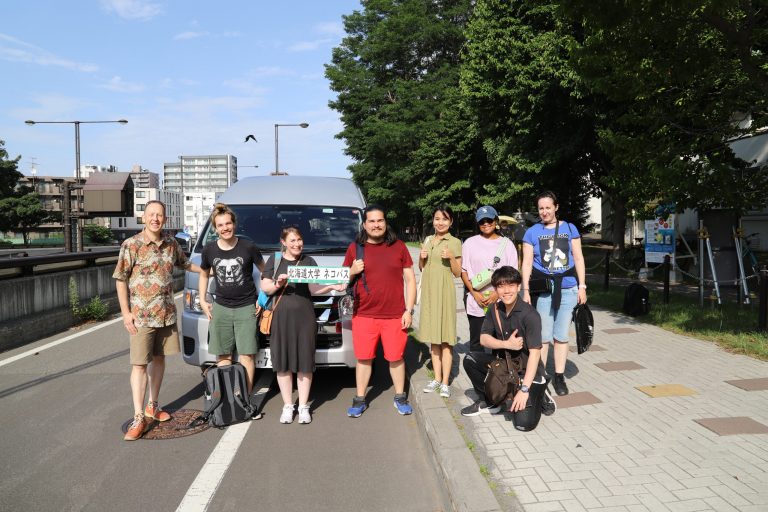
The course was also unique in that it was used for ethnographic research into the teaching process. Krischanda Bemister-Bourret, a doctoral candidate at Toronto Metropolitan University, Canada, observed the teaching and learning practices during the course and conducted a questionnaire for her research.
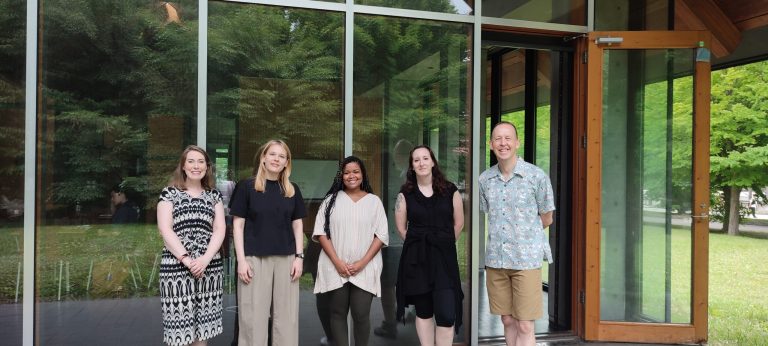
“We expanded this year’s course to ensure that the participants had enough time to engage with and reflect on the topics,” said Crossley. “Last year, we covered many of these topics in the field trip, but we felt that a stronger theoretical background would benefit the participants. The additional classes allowed us to address the topics in greater depth and to cover a broader range of case studies, providing participants with a more detailed understanding of the course.”
HSI 2023 is currently underway, and will continue until October 2023. Animal-Induced Iyashi and Wellbeing in Tourism, Recreation and Hospitality is planned to be offered in future installments of HSI.
To learn more, visit the HSI website: https://hokkaidosummerinstitute.oia.hokudai.ac.jp/
